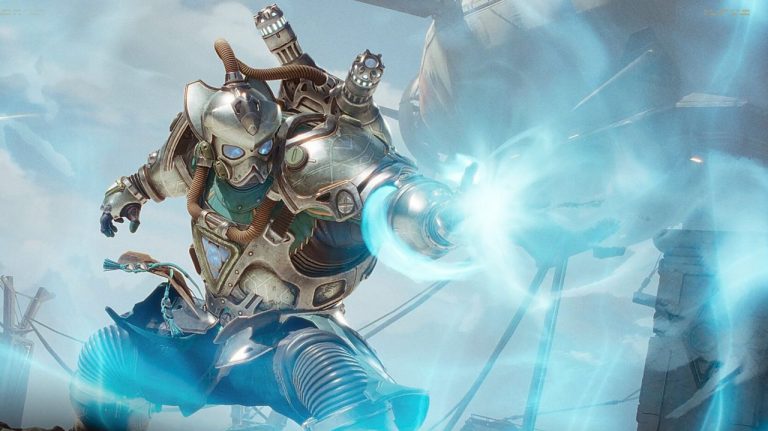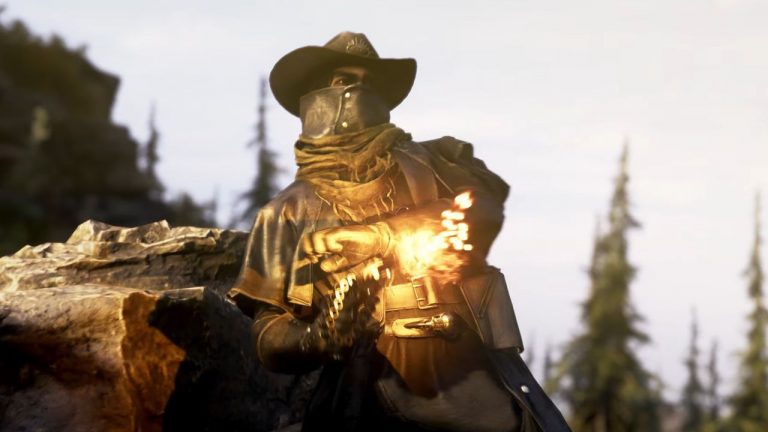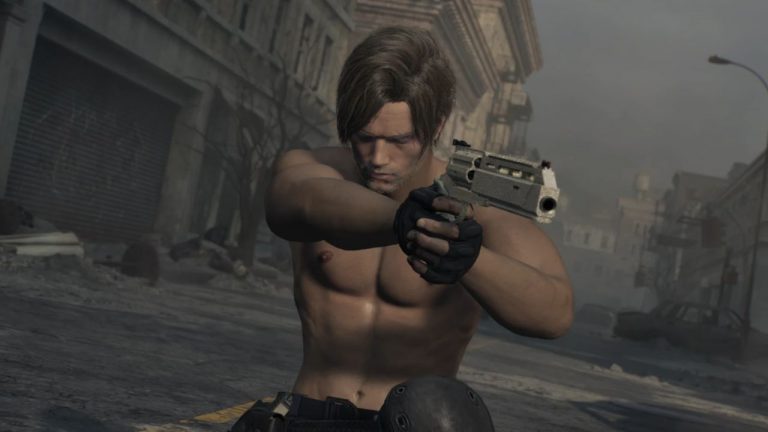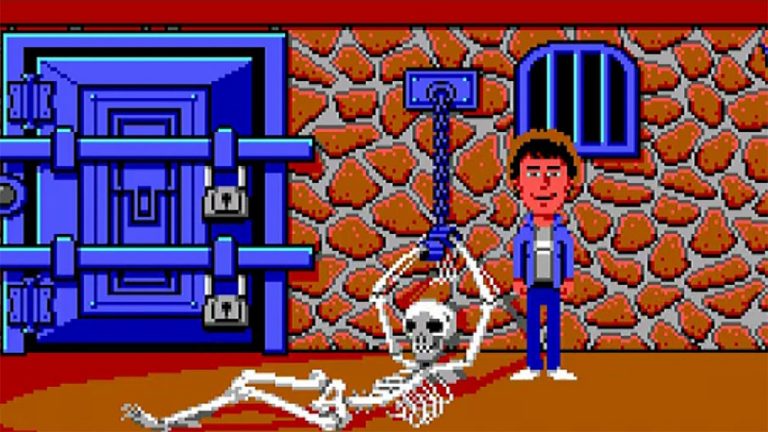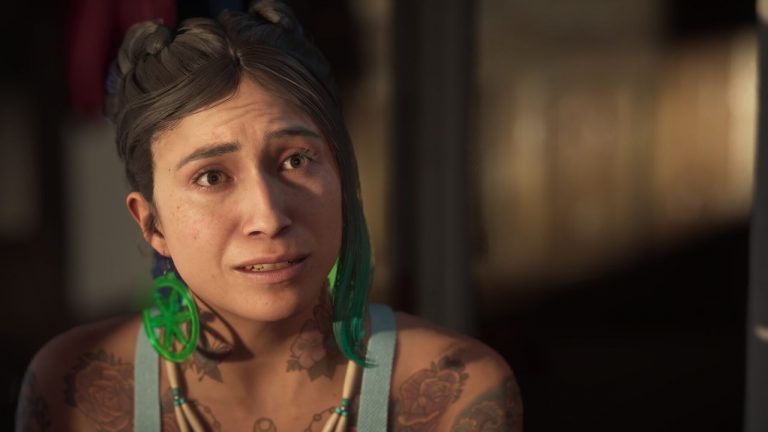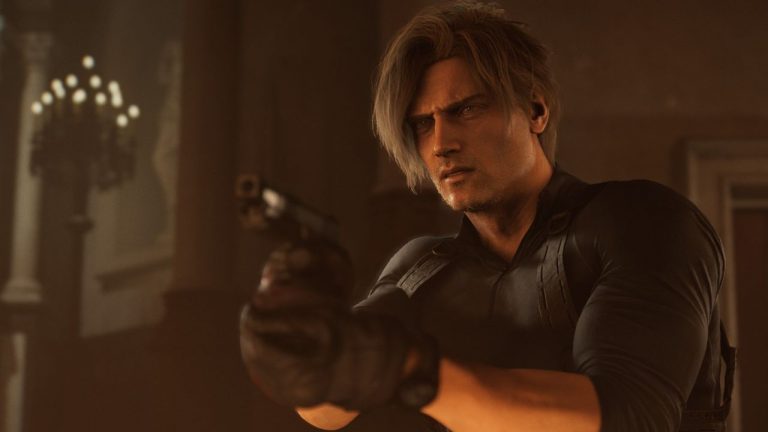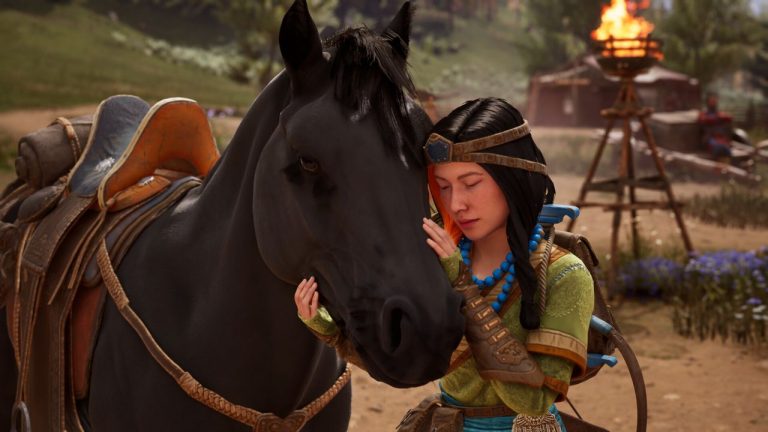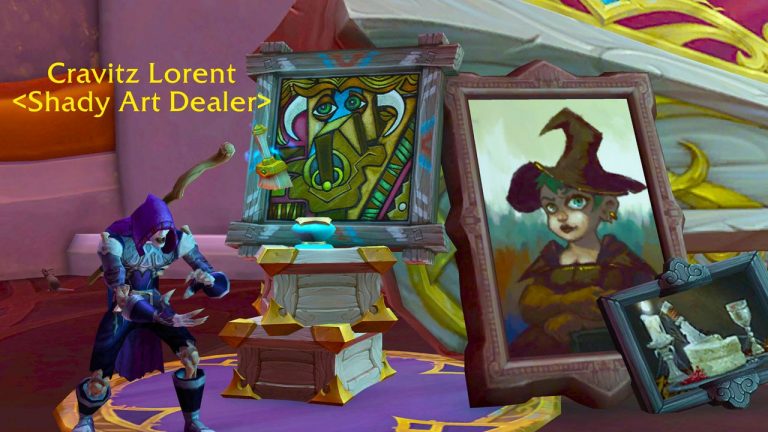They did it. They really did it. 13 years after EA took its ball and went home—starting up a Steam competitor then called Origin—its cabal of executives finally consented to release a trove of absolute classic games on Steam. Command and Conquer, Populous, Alpha Centauri. All sorts of stuff that would merit a bronze statue if they ever build that Panthéon des jeux vidéo I keep emailing the Paris municipal council about.
But another game joined them: The Saboteur, a 2009 third-person action-adventure that saw you liberate occupied France from the Nazi war machine. It’s not an Alpha Centauri-level classic, but it’s a well-loved thing, and was the swansong for Pandemic Studios—dearly departed masters of mid-2000s sandbox mayhem—released a month after EA shut it down.
In fact, its Steam release got me thinking. Almost every gem in the Pandemic catalogue has been lovingly preserved and PC-ified after the studio’s passing. Some of it has even been resurrected in the form of remakes and remasters: Games like Battlefront, Battlezone 2, and Destroy All Humans. But when I said “almost” every gem has been preserved, I meant it. One jewel from the Pandemic crown is still absent on our platform of choice, and it happens to be the best of the lot.
Soldiers of fortune
(Image credit: LucasArts)
It’s Mercenaries: Playground of Destruction, which remains frustratingly trapped in console jail. Sure, it’s accessible via modern Xboxes’ (admittedly very cool) back-compat program but utterly inaccessible to the rest of us.
Mercenaries 1 was Pandemic at the height of its powers. Set in an alternate modernity in which a kind of reforming, North Korean Deng Xiaoping gets coup’d by a military hardliner who decides to make the whole thing everyone else’s problem and threaten nuclear armageddon, you’re a mercenary who gets sent in to arrest or assassinate basically the entire government, one by one.
Actually, you’re one of three mercenaries, all of whom have different voice actors and strengths, and who each have a second language corresponding to one of the game’s national factions, letting you get extra insight into their precise brand of political conspiracy when they chat in their native tongue. One of them was Peter Stormare, by the way. Are we truly going to let a game in which Peter Stormare totes a rocket launcher go to the dustbin of history?
Are we truly going to let a game in which Peter Stormare totes a rocket launcher go to the dustbin of history?
The politics of a regime-change simulator were maybe a little questionable, although Mercs was generally tongue-in-cheek about the whole thing, but playing it was a joy. Every structure was destructible, you had an arsenal of ridiculous tools—bunker busters, bombing runs, that kind of thing—to call down on your enemies, and you could antagonise the CIA, which is precisely the kind of thing I’m looking for in a videogame.
(Image credit: LucasArts)
But more than that, it’s one of the first games I remember that did something properly interesting with its open world. The Deck of 52—your hit list of targets to capture or terminate at your discretion, and very much a product of its era—were distinct mini bosses peppered across the open world for you to stumble upon as you fled whichever faction you’d angered last.
It was excellent, a kind of precursor to the Shadow of Mordor nemesis system, and an experience which I’ve never found properly replicated in any other game. Including 2008’s Mercenaries 2: World in Flames, a sequel we’d all like to forget.
(Image credit: LucasArts)
And, look, I’ve got nothing against Destroy All Humans, but if we’re gonna take the time to remake both games in that series I feel like we could surely find it in our hearts to bring Mercenaries back from the dead? It’s a game that’s more than worth preserving beyond consoles, and whose brand of chaos lacks any kind of substitute in modern catalogues.
Because look, you can tell me Just Cause is modern Mercenaries all you want, the lack of a Deck of 52, political intrigue, universally destructible buildings and Peter Stormare inserting a script in his mouth and chewing it makes it a very poor substitute indeed.




